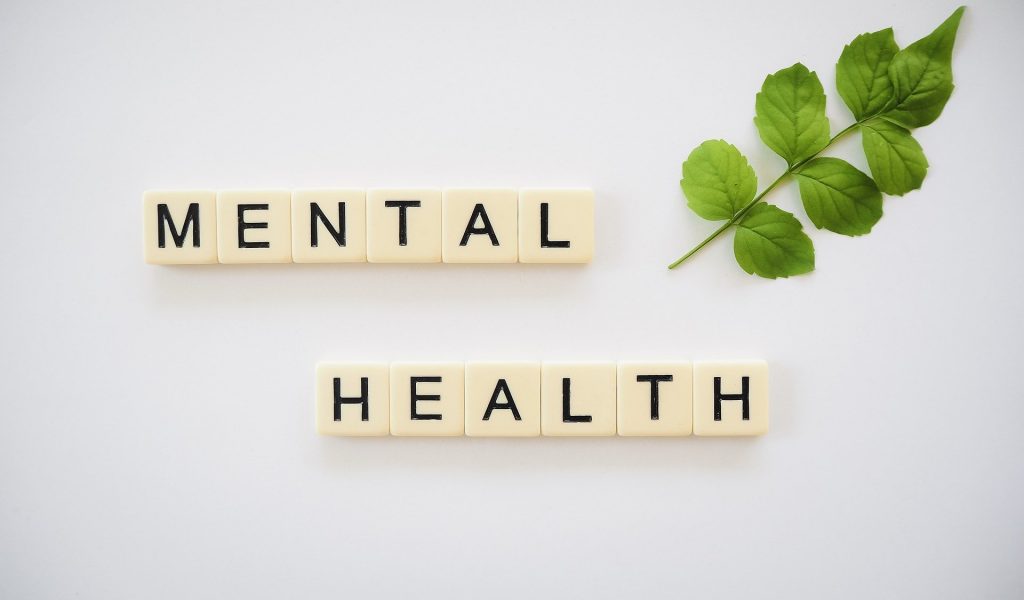
Mental Health
“Emotional intelligence refers to a person’s ability to understand and differentiate between their own emotions and the emotions of others and to express them appropriately.”
Good Emotional Intelligence (EQ) is important for our mental health more than ever these days. Why? Because today’s world is a scary place. Social unrest, pandemic woes, and months of sheltering in place have turned what we view as normal on its head. As a manager and a coach, I often talk about how emotional intelligence can make us better at our jobs, but it can also bring us the calm and balance we need to navigate through challenging times.
As we try to cope with the “new normal” it is now more important than ever to understand and manage ourselves. It is also important to understand and manage our relationships with the people with whom we come into contact. This is where emotional intelligence (EQ) comes into play.
Think about it, stress can make us crazy – figuratively and literally. Isolation can lead to loneliness and fatigue. Fear can make us irrational and skittish, and anger can potentially put us (and others) in harm’s way. Here are some of the things we can do to raise our EQ, and get back into balance:
CENTER YOURSELF
As soon as you realize that you’re feeling out of sorts (i.e. loneliness, anger, etc.), stop whatever you are doing and take a few seconds to understand the real threat. Concentrate on your breathing, count to 10, and do whatever it takes to center yourself. Of course, if there is a threat to your safety, remove yourself as quickly as you can.
ASSESS YOUR REACTION
Once you’re safe and calm, think about what you are feeling and how you want to manage yourself. Try to understand the part you played or are playing in the way you feel. Are you lonely because you haven’t been outside for a week? Did you yell at someone because not only were they being annoying, but you haven’t eaten, and your blood sugar may be a little low? Look at all the factors involved
PLAN WHAT TO DO NEXT
Give specific thought to how you can make the situation right. Whether it’s getting something to eat, apologizing to the person you yelled at, or simply learning to recognize the feelings you had and when they started so that you can be more aware the next time.
ACT ACCORDINGLY
Put your plan into action. Journal what happened. Talk it over with someone you trust. Make a to-do list. Whatever you can do to help you understand what’s going on and how you can change the direction of your response
Practicing good EQ may not solve all our problems but by becoming more aware of how we handle our emotions, with ourselves and with others, we can alleviate much of the stress and tension in our lives. Less stress – better health; both physical and mental.